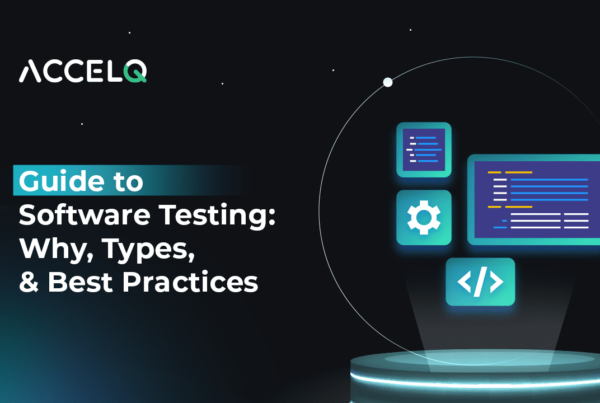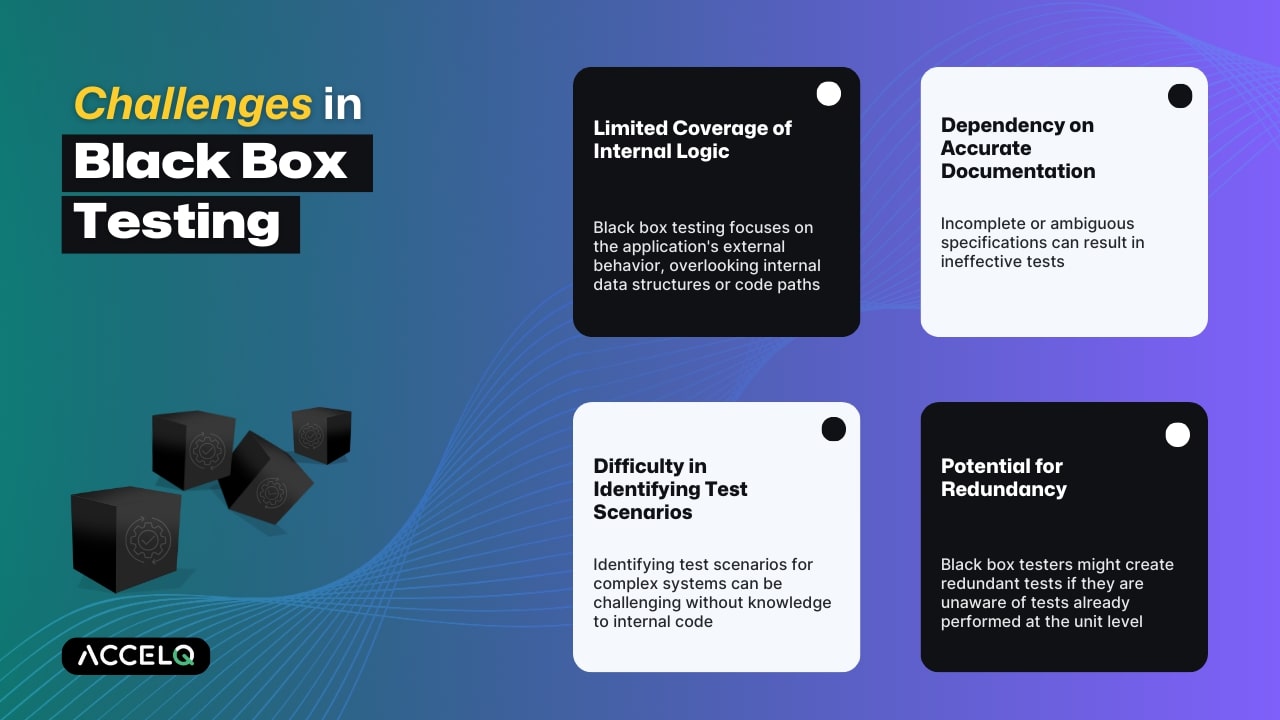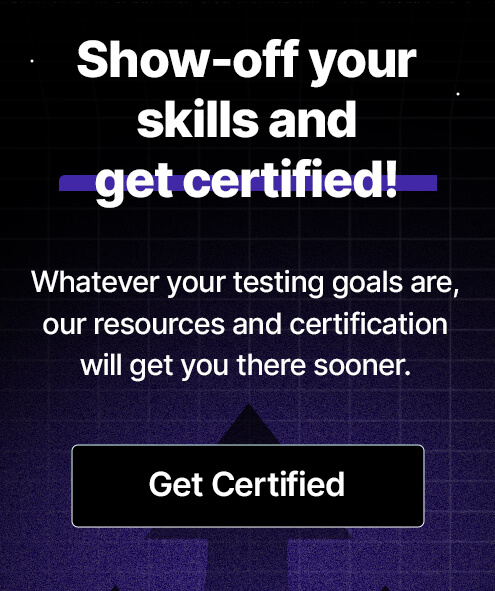What is Black Box Testing

In software development, ensuring the highest quality and user satisfaction is crucial. Black box testing evaluates software externally, focusing on functionality as user experience. It tests how the system handles inputs and produces outputs, aligning closely with the end-user experience and highlighting usability flaws without requiring knowledge of the software's internals.
Benefits of Black Box Testing
Black box testing simplifies the testing process by concentrating solely on the software’s inputs and outputs. This method offers several advantages:
- No programming skills are required, making it simply accessible for team members.
- Ensuring the user experience focus by testing software behaving according to the requirement under real-world conditions, mirroring user interactions.
- It verifies that the application meets its specified requirements, helping to identify and address discrepancies early in the development process.
Real-World Application: Enhancing Banking Software
Consider a commercial bank that introduced a feature for scheduling future payments. Black box testing was crucial in uncovering that payments scheduled for non-business days were processed immediately, violating business rules. The development team corrected this by ensuring payments were only processed on business days, thereby improving reliability and user satisfaction.
Challenges and Strategies in Black Box Testing
Limited Coverage of Internal Logic
Challenge: Black box testing does not assess the application's internal workings, potentially missing issues related to data structures or internal code paths.
Strategy: Complement black box testing with white box approaches to cover external functionality and internal logic comprehensively.
Dependency on Accurate Documentation
Challenge: The effectiveness of black box testing heavily relies on detailed and accurate documentation. Incomplete or ambiguous specifications can lead to ineffective tests.
Strategy: Ensure regular updates and revisions of documentation and maintain close communication with the development team to clarify any ambiguities.
Difficulty in Identifying Test Scenarios
Challenge: Identifying all relevant test scenarios can be challenging, especially for complex systems, without knowledge of the internal code.
Strategy: Utilize techniques like use case testing and user stories to develop a comprehensive set of test scenarios that reflect real-world usage.
Potential for Redundancy
Challenge: Black box testers might create redundant tests if they are unaware of tests already performed at the unit level.
Strategy: Foster a collaborative testing environment where test plans and results are shared across teams to avoid duplication of efforts.
Conclusion
Black box testing focuses on user interactions rather than the underlying code, making it an instinctive approach for testers. Similarly, ACCELQ, a no code test automation tool, allows testers to perform automation testing processes without deep programming knowledge. By integrating ACCELQ for testing software applications, teams can efficiently implement black box testing strategies, simplifying test creation, execution, and maintenance. This no-code approach accelerates the testing process, enhances accuracy, and significantly reduces the learning curve, empowering teams to focus on crafting tests that reflect real user experiences.
Suma Ganji
Senior Content Writer
Expertly navigating technical and UX writing, she crafts captivating content that hits the mark every time. With a keen SEO understanding, her work consistently resonates with readers while securing prime online visibility. When the day's work ends, you'll find her immersed in literary escapades in her quaint book house.
Discover More
 Guide to Software Testing: Why, Types, & Best Practices
Guide to Software Testing: Why, Types, & Best Practices
Guide to Software Testing: Why, Types, & Best Practices
 What is Usability Testing? [Tester’s Beginners Guide]
What is Usability Testing? [Tester’s Beginners Guide]

































